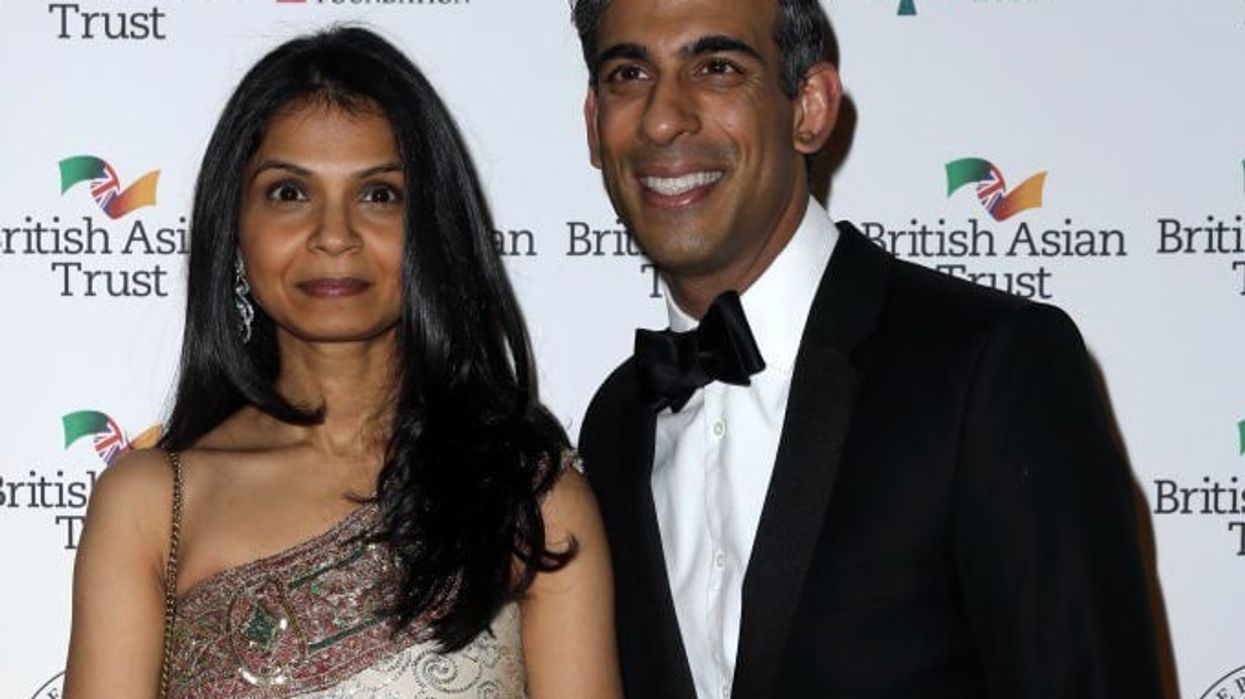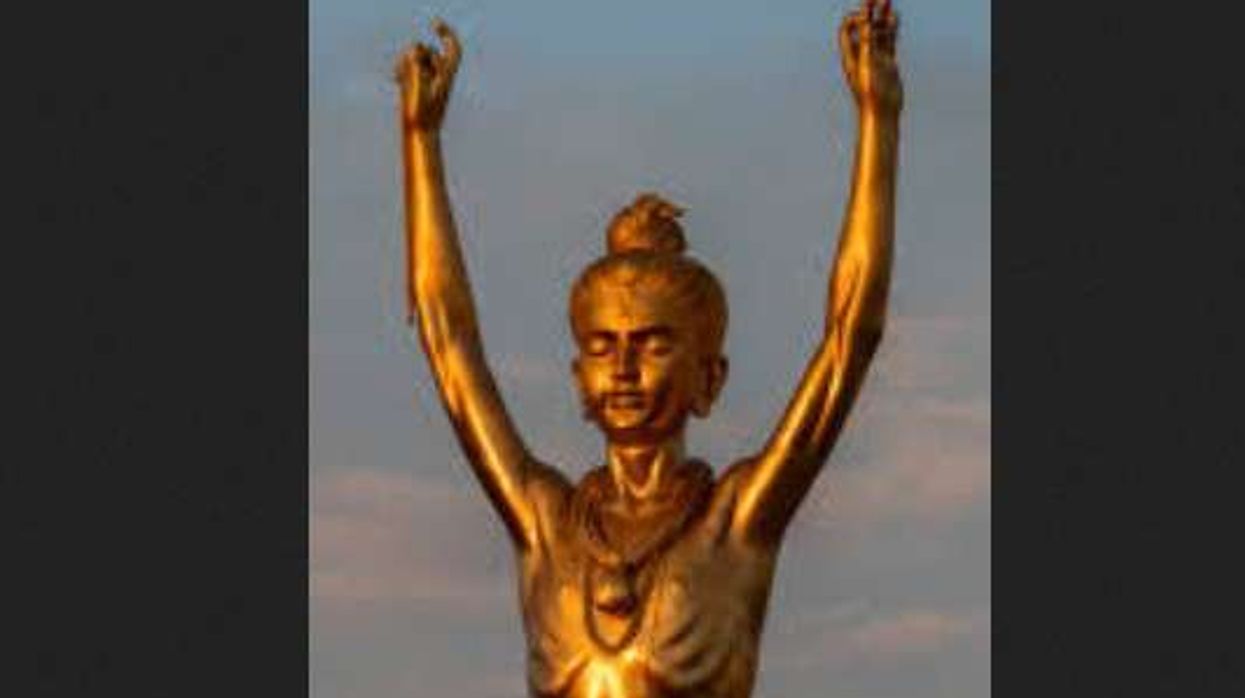BRITAIN'S chancellor of the exchequer Rishi Sunak and his wife Akshata Murty are among the richest people in the UK with their combined fortune estimated at £730 million.
The couple made their debut in the annual Sunday Times Rich List on Friday (20), ranked 222. Indian-origin Hinduja brothers are at the top of the list with an estimated £28.472 billion.
Sunak, who is married to India-born Murty, the daughter of Infosys co-founder NR Narayana Murthy, is described in the analysis as the first frontline politician to appear in its annual rankings of the UK's wealthiest in its 34-year history.
The 42-year-old Indian-origin finance minister is a former hedge fund manager who left his financial career to be elected a Conservative Party member of Parliament in 2015.
“Not so long ago Sunak, 42, was touted as a future prime minister, a smooth heir to the bumbling Boris Johnson. However, the chancellor's ambitions have been derailed by last month's revelation that his wife, Akshata Murty, was a ‘non-dom’ a status that allows those who have their permanent home (domicile) outside the UK to pay tax only on earnings in this country, as well as an annual charge of £30,000,” reads The Sunday Times Rich List report.
For Murty, it notes that the entrepreneur owns 0.93 per cent of Infosys in her own name, which would be a stake worth about £690 million.
“It should have delivered about £54 million in dividends over the past seven and a half years, including £11 million in 2021. Without the non-dom status, Murty would have been liable for £20.6 million of UK tax on these payments. She has now agreed to pay tax on her 2021 dividends,” the report adds
Last month, Murty had announced that she will pay UK taxes on all her income, including from India, to avoid the row over her non-dom status being a “distraction” for her husband.
Sunak had vehemently defended his wife and has since been given a clean chit by an independent ministerial ethics advisor to the UK government over the issue.
Sri and Gopichand Hinduja and family returned to the top of the 'Sunday Times Rich List' rankings after slipping to third place last year, with the biggest fortune recorded in the list's history.
“All may not be harmonious within the Hinduja dynasty, but their business empire has enjoyed a bumper year,” notes the newspaper, with reference to a reported family feud.
“Much of their wealth is to be found in companies listed on the Indian stock market. The family's stake in the Mumbai-based IndusInd Bank is now worth £4.545 billion. Their holding in the vehicle manufacturer Ashok Leyland, which has headquarters in Chennai, has a value of £2.663 billion after a strong year and the Hindujas' stake in the IT giant Hinduja Global Solutions is worth £1.283 billion. Shares in other listed companies add another £1.174 billion," it adds.
In third place is another set of India-born brothers, David and Simon Reuben, and family with a fortune estimated at around GBP 22.265 billion.
They follow British inventor-entrepreneur Sir James Dyson and family, ranked second with an estimated GBP 23 billion.
Further down in sixth place is NRI steel tycoon Lakshmi N Mittal with £17bn, who added around £ 2.3bn to his fortunes since last year through ArcelorMittal steelworks.
Other Indian-origin billionaires on the 2022 list include metals industrialist Anil Agarwal at number 16 with an estimated £9.2 billion, retail majors Mohsin and Zuber Issa at number 39 with an estimated £4.73 billion, Prakash Lohia at number 41 with an estimated £4.37 billion and Simon, Bobby and Robin Arora at number 69 with £2.543 billion.
Also ranked within the top 100 are NRI industrialist Lord Swraj Paul and family and Varsha and Navin Engineer at a joint number 72 (£2.5 billion), followed by Biocon founders Kiran Mazumdar-Shaw and John Shaw at number 75 (£2.496 billion) and hoteliers Jasminder Singh and family at number 99 (£1.824 billion).
Overall, the UK now has a record of 177 billionaires, up six from 2021 with a combined wealth between them of £653 billion, up more than £55 billion (9.4 per cent) on the total wealth of the billionaires in last year's Sunday Times Rich List.
The annual tally measures identifiable wealth, such as land, property, racehorses, art or significant shares in publicly quoted companies.
Bank accounts, to which the newspaper says it has no access, and small shareholdings in a private equity portfolio are excluded.
Rishi Sunak, Akshata Murty make UK rich list debut with £730m wealth together













